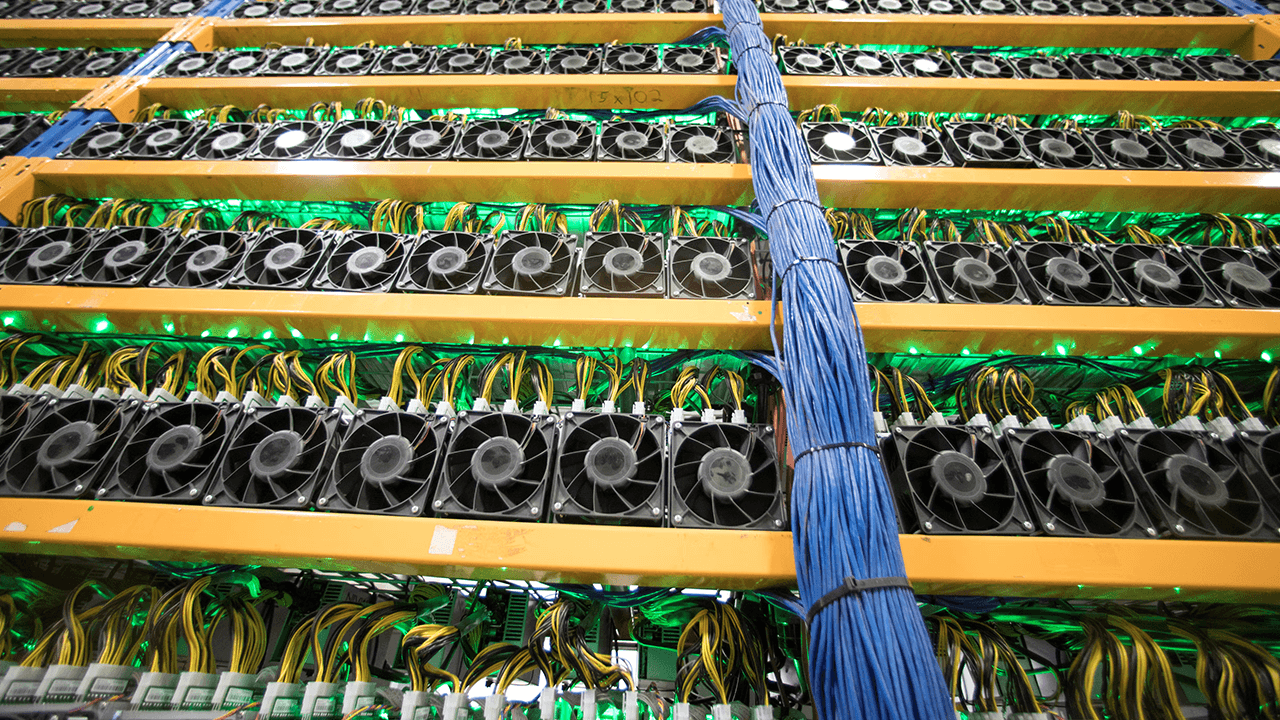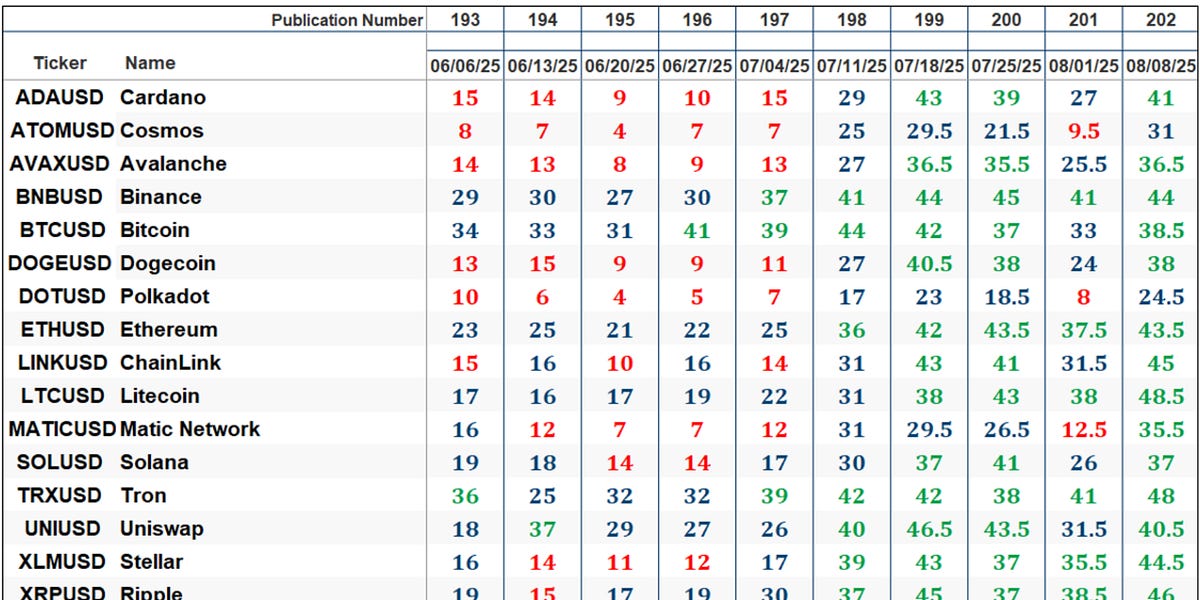X, formerly Twitter and led by Elon Musk, praised the Trump administration for sanctioning Brazil’s Supreme Court Justice Alexandre de Moraes and revoking his U.S. visa.
The U.S. acted under the Global Magnitsky Act, targeting de Moraes over allegations of human rights abuses and censorship.
The move came after de Moraes ordered the shutdown of X in Brazil for forty days in 2024, citing non-compliance with court orders to remove accounts critical of him and supportive of former President Bolsonaro.
President Trump did not stop at sanctions. He also imposed 50% tariffs on Brazilian exports with an explicit link to Brazil’s crackdown on U.S. tech firms and the prosecution of Bolsonaro.
The U.S. justified these sharp measures as protecting free speech and the interests of American companies active in Brazil.
These actions mark a new phase in tensions between Washington and Brasília, where digital rights disputes are now triggering trade consequences.


In response, Brazil’s President Luiz Inácio Lula da Silva rejected the U.S. actions as interference in national affairs.
He insisted the judiciary remains independent and warned that any company, including global tech giants, must obey Brazilian law or leave the country.
X Applauds Trump’s Sanctions on Brazil’s Moraes as Digital Battlelines Redraw Global Trade
Lula defended Brazil’s actions against foreign pressure, stating that sovereignty is not up for negotiation and expressing readiness to defend Brazil’s interests at forums like the WTO.
These confrontations center on a major change in Brazil’s digital laws. In June 2025, Brazil’s Supreme Court struck down Article 19 of the Marco Civil da Internet.
The article had protected digital platforms by making them liable for user content only after specific court orders.
Brazil’s Dangerous Gamble: Misreading Trump and the Venezuelan Precedent
With this shield gone, platforms now face liability for illegal content the moment it appears. They must rapidly remove flagged posts—including those on politics or security risks—or risk tough penalties.
This intensified legal standard directly raises compliance costs and operating risks for all global tech companies in Brazil.
The broader stakes are not only about digital speech. Brazil is America’s second-biggest trading partner in Latin America.
The newly imposed tariffs hit major Brazilian sectors, including commodities like coffee and beef, shaking billions in trade and creating uncertainty for banks and businesses on both sides.
At the same time, the U.S. sanctions freeze any U.S.-based assets of de Moraes and his family, blocking all related transactions.
What happens in Brazil now carries global weight. New internet liability rules could set precedents for how countries control digital platforms and content worldwide.
Sanctions and trade penalties are now tools in the fight over free speech, compliance, and national sovereignty.
Large tech companies face a new world where crossing political lines in major economies can threaten their business at home and abroad.









